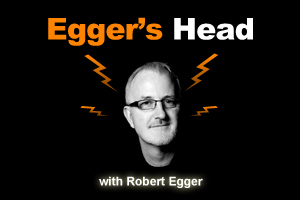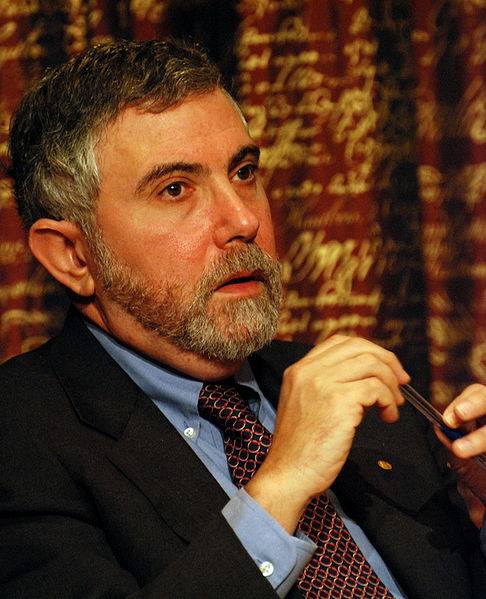Paul Krugman has a fantastic piece on the cover of the upcoming issue of the New York Times Magazine: “Building a Green Economy.” With his typical patience, cogence, and clarity, Krugman walks through the mainstream economics take on climate change: its cost, the best way to respond, the cost of responding, and the proper scale of response. It’s Mainstream Economics of Climate 101, and a great place to start for anyone trying to catch up on the issue.
As Grist readers know all too well by now, I have issues with mainstream economics, and so I have issues with several points Krugman makes in the piece. I’ll get to those in subsequent posts. For now I just want to pause and emphasize something:
The consensus of mainstream economists is that responding to climate change is both necessary and affordable.
This basic fact, like the consensus among climate scientists, is often obscured in media coverage, which emphasizes controversy and extremes. But at least within the economics profession, there is no “other side” that believes climate policy will destroy the economy. The “other side” is composed of fossil-fuel industry groups and the conservative politicians and think tanks who do the bidding of fossil-fuel industry groups. Within economics, the consensus in favor of action is broad and stable.
As I said, I’ll be taking issue with Krugman on a few points; I think academic economists underestimate the danger of climate change and overestimate the cost of good climate/energy policy. But even with those conservative biases, mainstream economists support taking action.
There is no credible case — scientific or economic — against taking action. The mainstream press seems incapable of making that clear, so kudos to Krugman for doing it for them.
Now, on to the arguments!



